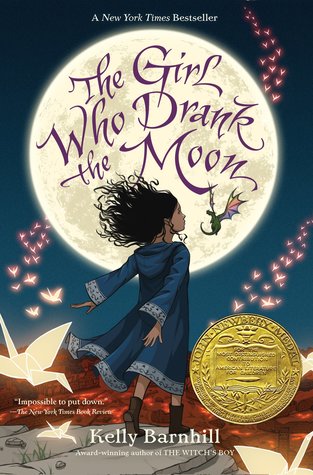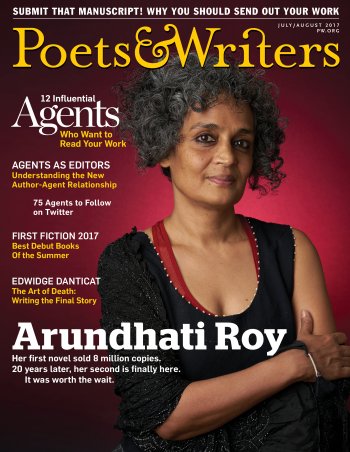One of the most important and also hardest aspects of my job is getting a project past the publishers’ editorial front line. For those of you who aren’t familiar with the process: once an agent has sent a manuscript to editors, said editors will read and consider whether or not they want to take the ms to acquisitions. That means the editor has to be passionate about it enough to get their team to read it fairly quickly (all of whom are swamped with their own tbr pile), draft a profit and loss statement, convince a room full of people that the ms is worth investing in. Basically stake their reputation on it.
This excruciating process can take weeks, and it is a lot of time and energy away from current work (not taking into consideration the project going to auction). So an editor can like a project–they mostly do like the client work that I send, as I work hard to maintain a standard and appeal to individual tastes–but simply liking a project isn’t enough. So I have to do everything in my power to get them excited before they read it, which means creating a letter that indicates why they are a great fit for the project, and one that includes a powerful pitch, current successful comparative titles, and a clear author bio. Sometimes I will pitch in person or on the phone, but the power points remain the same. Sound familiar?
If it works then they go in primed to love the manuscript. Which gives it the best possible chance to make it past the front line. And ideally go further–then the editor will use those same power points when lobbying your manuscript to marketing, financial, the publisher itself. And those points will be part of the final decision, i.e. if you are going to be made an offer.
So remember, that’s the end game. Your query is not just a way of introducing yourself to an agent, but to show how your manuscript can be positioned positively in the market and that it has potential to sell. You’re clearing the road blocks, so the decision gets down to the writing itself.
Don’t be intimidated by this, we don’t expect new authors to navigate the market with years of experience and execute the perfect query letter (that is why you’re looking for a literary agent after all), but at least understanding why these concepts are important can only benefit you on your road toward publication.
And even if you do pull off everything perfectly, you will probably still get rejected. It’s incredibly frustrating and heartbreaking, but you’re not alone, and we feel it too. Every agent has a few of those projects that they’ve never forgotten and were stumped as to why they didn’t sell.
But you can and will navigate the process with more confidence and knowledge and eventually there will be a project that will get that yes.






 An agent’s client list, both the current and
An agent’s client list, both the current and 



 Franklin goes on to express why submitting is so important. It’s a part of the necessary evolution and development of your writing. You need your dreams crushed so you can pick them up again and make them stronger. Ignorance is bliss, but it won’t get you published (in most cases).
Franklin goes on to express why submitting is so important. It’s a part of the necessary evolution and development of your writing. You need your dreams crushed so you can pick them up again and make them stronger. Ignorance is bliss, but it won’t get you published (in most cases).